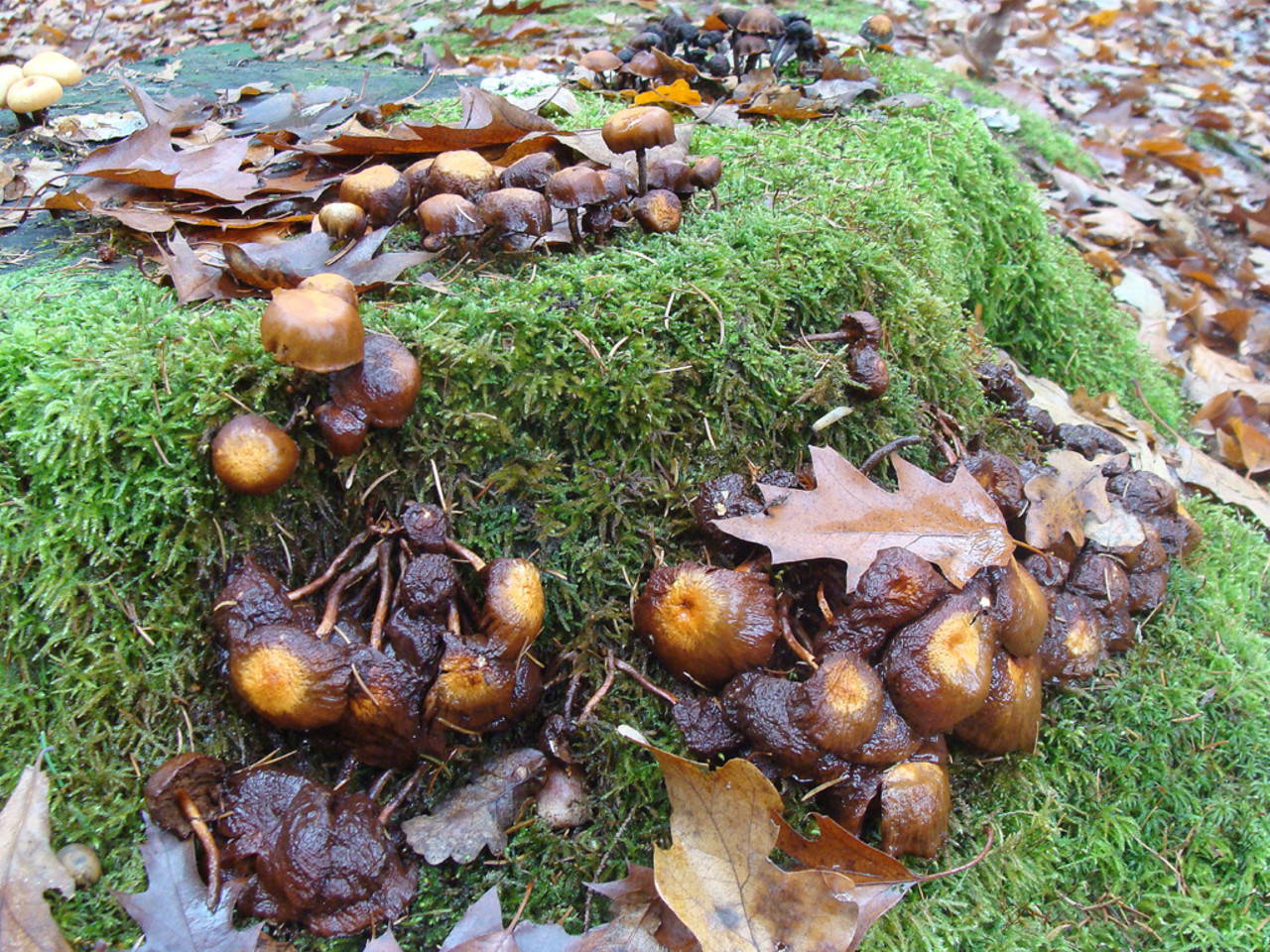Wine Tasting
본문
Wine Tasting
What is the tasting process?
The tasting process in wine tasting entails a quantity of key steps that assist evaluate and respect the complexities of wine. Here’s a breakdown of each stage:
1. Observation
Begin by inspecting the wine’s look. This contains:
- Color: Observe the hue, 대전유흥 which might present perception into the age and kind of the wine.
- Clarity: Look for any cloudiness or sediment.
- Viscosity: Swirl the wine and observe the legs that form on the glass; thicker legs may point out larger alcohol content or sweetness.
2. Swirling
Gently swirl the wine within the glass to aerate it, which enhances its aromas. This action encourages unstable compounds to escape, 유흥사이트 enriching your sniffing expertise.
3. Smelling
Bring the glass to your nostril and take a deep breath. Identify completely different aromas, which may range from fruity, floral, spicy, to earthy. Think about:
- Intensity: How sturdy are the aromas?
- Complexity: Are there a quantity of layers of scents?
4. Tasting
Take a small sip of the wine and let it coat your palate. Focus on:
- Flavor: What flavors do you detect? Are they just like the aromas?
- Body: Is the wine mild, medium, or full-bodied?
- Balance: Consider the relationship between acidity, sweetness, tannins (in reds), and alcohol.
- Finish: Pay attention to the aftertaste; does it linger? What flavors remain?
5. Reflecting
Take a moment to understand the general experience. Consider how the wine makes you are feeling and whether or not you want to take pleasure in it again. Document your impressions if you’re tasting multiple wines!
Following these steps can improve your wine-tasting expertise, permitting you to appreciate the intricacies of various varieties and kinds.
What is wine tasting session?
A wine tasting session is an organized occasion the place people can pattern and evaluate numerous wines. It is a chance to explore totally different wine varieties, perceive their distinct flavors, and be taught in regards to the wine-making process.
Key Components of a Wine Tasting Session
- Selection of Wines: A number of wines are chosen for the tasting, often focusing on a selected area, grape selection, or type.
- Tasting Techniques: Participants are guided on tips on how to correctly taste wine, which includes looking, smelling, and sipping to analyze the wine’s traits.
- Food Pairings: Some classes could embody food pairings, enhancing the tasting experience by demonstrating how sure meals complement particular wines.
- Expert Guidance: Typically, a sommelier or wine professional leads the session, 대전유흥 offering insights and answering questions about every wine.
Common Objectives of Wine Tasting
- To develop an appreciation for various wine types and flavors.
- To educate individuals about wine areas, grape varieties, and production methods.
- To identify personal preferences for wines.
- To foster social interplay amongst individuals via a shared expertise.
Overall, a wine tasting session is both an educational and 대전유흥 enjoyable event, excellent for wine lovers and novices alike.

Is wine tasting formal?
Wine tasting can vary in formality relying on the setting and event. In some cases, it may be quite formal, taking place in upscale environments where particular protocols are adopted. This might embrace guided tastings led by sommeliers, with a give attention to the wine's traits and pairing recommendations.
On the other hand, 유흥 wine tasting can also be a casual experience, corresponding to at festivals, informal gatherings, or home tastings with friends. In these situations, the emphasis is usually more on enjoyment and exploration rather than strict guidelines.
Formal Wine Tasting
In a formal wine tasting, participants may gown up, adhere to a schedule, and participate in structured evaluations of various wines. The use of particular terminology and the presence of a facilitator is common. Tasting notes may be taken, and meals pairings are often included to boost the expertise.
Casual Wine Tasting
Conversely, informal wine tasting allows for more flexibility. Participants might simply pour and 대전유흥 sip with none predefined structure or pointers. Discussions may be informal, focusing on private preferences and experiences somewhat than technical particulars.
Ultimately, whether or not a wine tasting is formal or informal can depend on the context and the preferences of those involved.
- 이전글아산커피배달>>톡010-5518-7837≫아산티켓다방→아산다방아가씨w아산ㅈㄱ만남w아산티켓가격 25.03.28
- 다음글국가들은몇가지권력으로돌아왔습니다 25.03.28

